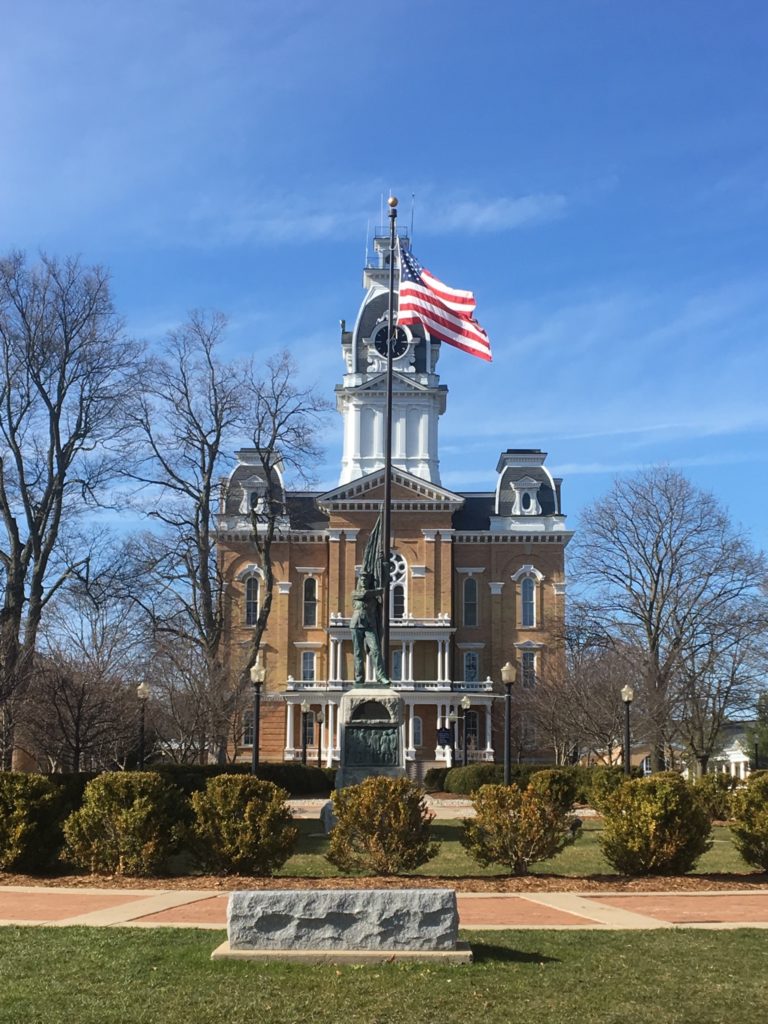
Science professors must equip their students to make ethical decisions and think about ethics in the context of their scientific research, said Brian Coppola, professor of chemistry at the University of Michigan, in a lecture on Saturday.
Speaking to about 70 chemistry professors who gathered for the Midwestern Association of Chemistry Teachers in Liberal Arts Colleges conference — hosted at Hillsdale for the first time this year — Coppola pointed out that students must be consistent within their ethical framework in their scientific studies.
“You’re interested in the business of defensibility,” Coppola said.
Poor ethical decisions — everything from plagiarism and data falsification to flouting regulations and mistreating a human or animal subject — have far-reaching consequences, Coppola pointed out.
“There’s the person who’s doing the wrong thing, and there’s the effect on the people around them,” Coppola said.
Coppola said professors should look for “places one can plug these [ethics-teaching tools] into the program rather than a one-shot deal.” Methods should be sustained and incremental, he said, recommending role playing and case studies as an effective way to teach students about ethical decision making.
“Putting undergrads in the role of having to be teachers tends to stick a little more,” he said, “because you have to take on that responsibility.”
Coppola’s speech contributed to the purpose of the conference, which was “to take a larger view of how chemistry connects with and affects other disciplines,” said Associate Professor of Chemistry Matthew Young, who helped organize the conference.
“If all we focus on is content, then this wouldn’t be a part of chemistry education,” Young said, noting that Hillsdale’s liberal-arts emphasis lends itself well to focusing on ethics within scientific study.
Hillsdale’s chemistry department includes lectures on ethics as part of a required one-credit course for seniors, said Assistant Professor of Chemistry Courtney Meyet, adding that she wishes there were time to teach a whole course on ethics.
Noting that Coppola’s talk gave her “a lot of ideas,” Meyet said she might incorporate a case study into her classes, as Coppola suggested.
Young said one of the benefits of a liberal arts education is that it gives students context for understanding scientific content and broader ethical questions.
“We want our students to be connecting what they do in chemistry to the things they’ve studied about ethics, both in how they conduct their own research but also in ways our society wants to utilize the knowledge,” Young said.

